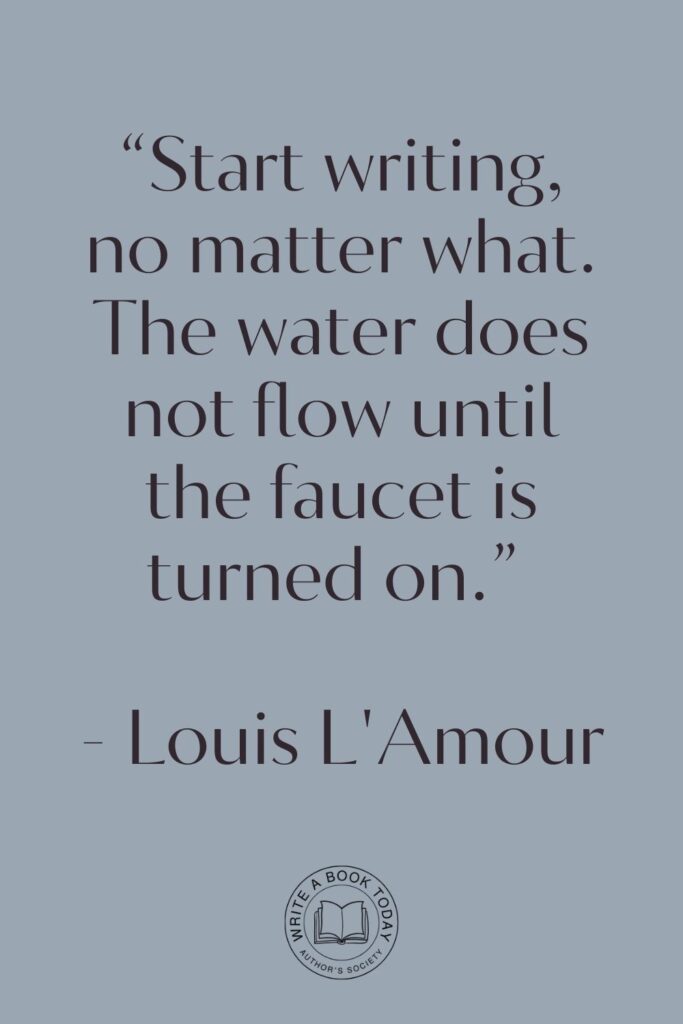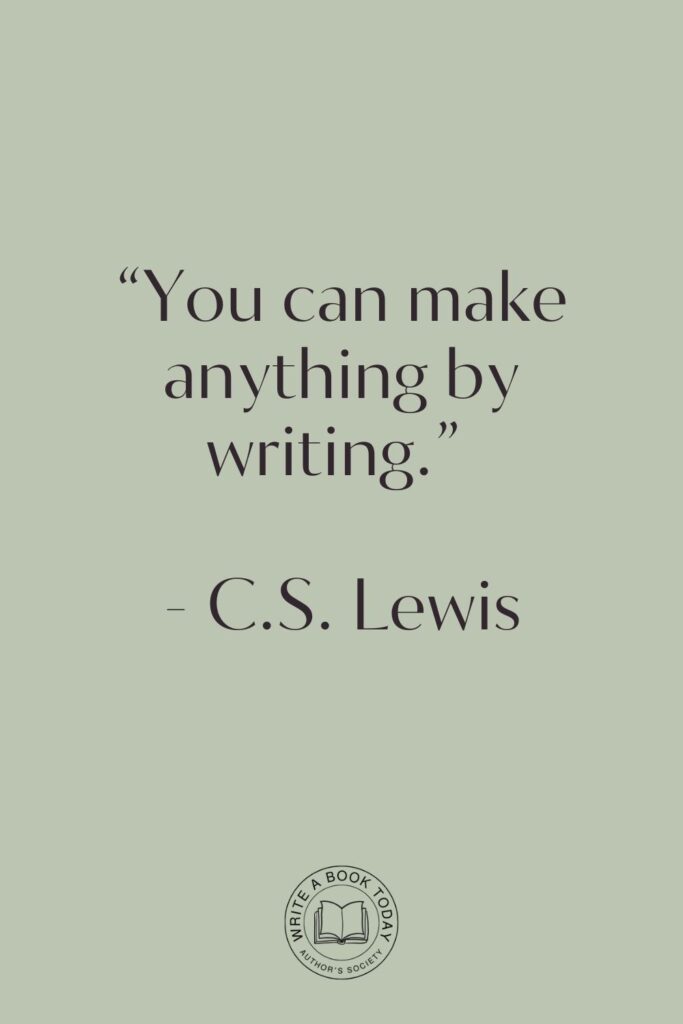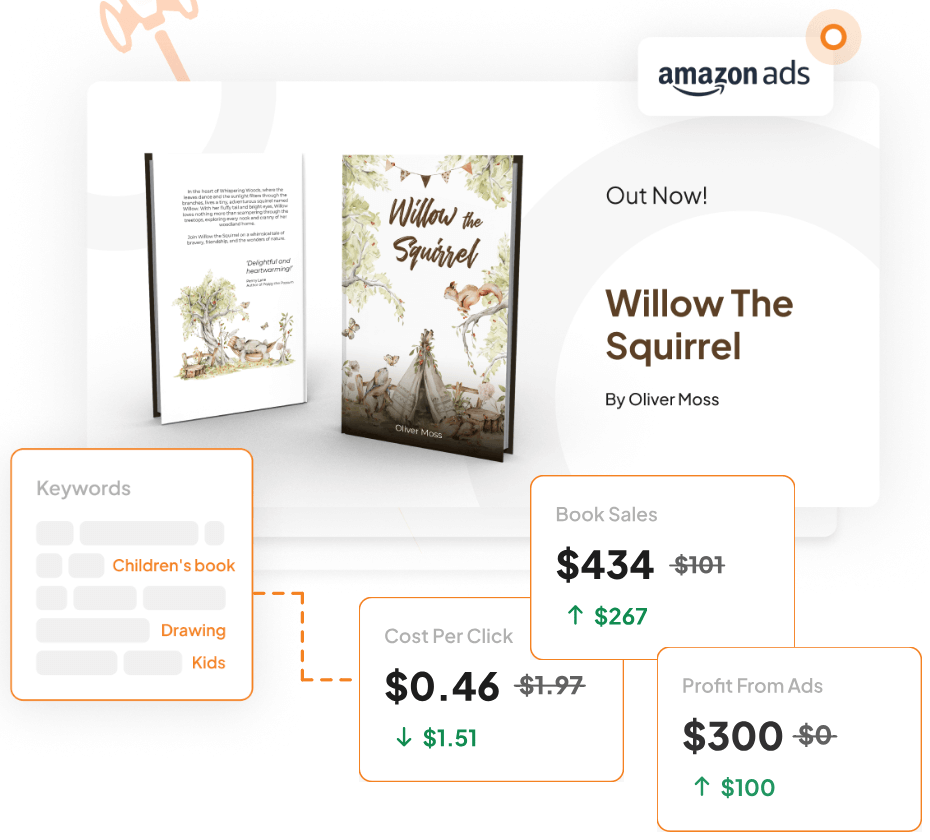Have you ever felt that your writing is just a bit lackluster, like a song missing its melody? Whether you’re crafting an email or penning the next great American novel, strong writing skills can be the difference between capturing your audience’s attention or losing them in a sea of words.
Imagine weaving words as effortlessly as a spider spins its web—captivating, clear, and compelling. If you’re eager to improve your writing and make your words sing, you’ve landed in the right place. Let’s explore five easy ways to enhance your writing prowess and communicate with confidence.
Understanding the Importance of Writing Skills
Writing is more than just putting pen to paper; it’s a gateway to communication and expression. In a world where digital communication reigns supreme, the ability to write effectively is akin to having a superpower.
It opens doors to opportunities, builds bridges between people, and articulates ideas that might otherwise remain silent.
Google Docs is for notes. Scrivener is for novels. Upgrade your writing game and try it for free today!

Why Good Writing Matters
Good writing is essential because it serves as the foundation of effective communication. Imagine trying to assemble a piece of furniture without clear instructions—it would be chaotic, right?
Similarly, poor writing can lead to misunderstandings and confusion. Good writing ensures your message is understood, leaving no room for ambiguity. It establishes credibility, as well-written content reflects professionalism and attention to detail.
Think of writing as building a house. A strong foundation (good writing) supports everything else. Without it, even the most beautiful structure will crumble.
The Connection Between Writing and Communication
Writing is the silent ambassador of communication. It transcends verbal language barriers and can convey tone, emotion, and intent.
A well-crafted piece of writing can inspire action, provoke thought, and evoke emotion. This connection between writing and communication is why honing your writing skills is invaluable.
Consider this: every email, report, or social media post you write is an opportunity to connect with someone. By enhancing your writing skills, you not only improve your communication but also strengthen your relationships, both personally and professionally.

Tip 1: Write Every Day for Practice
Just as athletes train their muscles, writers must exercise their writing “muscles” to improve. Writing every day, even if it’s just a few sentences, helps to refine your style, expand your vocabulary, and build confidence.
Establishing a Writing Routine
Creating a routine is crucial for developing consistency in writing. Choose a time and place where you can write without distractions.
It could be a cozy corner of your home or a bustling café—whatever fuels your creativity. By dedicating time each day to write, you’ll notice gradual improvements in your fluency and clarity.
Set small, achievable goals for your writing sessions. Whether it’s a paragraph or a page, consistency is key. Reward yourself for reaching these milestones to stay motivated.
Benefits of Daily Writing
Writing daily offers numerous benefits beyond improving your writing skills.
It enhances your ability to organize thoughts, increases your attention to detail, and boosts your overall creativity. As you write regularly, you’ll find it easier to express complex ideas succinctly and effectively.
| Benefit | Description |
|---|---|
| Enhanced Creativity | Daily writing sparks creativity by encouraging you to explore new ideas and perspectives. |
| Improved Clarity | Regular practice helps you articulate thoughts more clearly and precisely. |
| Increased Confidence | As your skills improve, so does your confidence in your writing abilities. |
Tip 2: Read Widely and Critically
Reading is to writing what fuel is to fire. By immersing yourself in diverse genres and styles, you expose yourself to different writing techniques and vocabularies, enriching your writing.
Learning from Other Writers
Reading widely allows you to learn from the masters. Consider how authors construct sentences, build narratives, and develop characters.
Notice the pacing, the use of dialogue, and the way they weave themes throughout their work. These observations can provide valuable insights into your own writing process.
Keep a journal of writing techniques you admire from other authors. Reflect on how you can incorporate similar strategies into your own work.

Identifying Styles and Techniques
As you read, identify the unique styles and techniques different writers use. Some may favor a minimalist approach, while others indulge in rich, descriptive prose.
Understanding these differences helps you find your voice and develop a style that resonates with your audience.
- Analyze sentence structure and word choice.
- Observe how transitions are used to maintain flow.
- Note how authors handle dialogue and character development.
Tip 3: Simplify Your Language
Simplicity is the ultimate sophistication, especially in writing. Clear and direct language ensures your message is accessible and easily understood by a broad audience.
Feeling lost with your debut novel?
Fiverr Pro connects you with expert editors, designers, and marketers – everything you need to get your book ready for success!

Choosing Clear and Direct Words
When writing, opt for words that convey your message directly and effectively. Avoid overly complex vocabulary that might alienate or confuse readers. Remember, the goal is to communicate, not to impress with your lexicon.
Avoiding Jargon and Complex Terms
Avoid jargon and technical terms unless necessary and your audience is familiar with them.
If you must use them, provide clear explanations to ensure understanding. Your writing should be inclusive, inviting everyone to engage with your ideas.
Before finalizing your piece, ask yourself: “Would my grandmother understand this?” If not, simplify further.

Tip 4: Structure Your Writing Effectively
Effective structure is the backbone of good writing. It guides readers through your narrative, ensuring they grasp your message without getting lost.
The Importance of Outlining
Outlining is an essential step in the writing process. It acts as a roadmap, helping you organize your thoughts and maintain focus. By outlining, you can ensure your writing has a logical flow and that all necessary points are covered.
Using Paragraphs and Headings
Paragraphs and headings break down your content into manageable chunks, making it easier for readers to follow.
Each paragraph should contain a single idea, and headings should indicate what each section covers. This structure not only improves readability but also enhances the overall impact of your writing.
Tip 5: Edit and Revise Ruthlessly
Editing is where the magic happens. It’s the stage where you refine your work, polish your prose, and ensure your message shines through.
The Power of Self-Editing
Self-editing is a critical skill for any writer. It involves reviewing your work critically, identifying areas for improvement, and making necessary changes.
Look for awkward phrasing, grammatical errors, and inconsistencies. Remember, every great writer is also a great editor.
Seeking Feedback and Constructive Criticism
Don’t hesitate to seek feedback from others. Fresh eyes can catch errors you might have missed and provide valuable perspectives on your work. Constructive criticism helps you grow as a writer, providing insights into how others perceive your writing.
Join a writing group or find a trusted friend to review your work. Their input can be invaluable in taking your writing to the next level.

Engaging Your Audience Through Storytelling
Storytelling is the heart of engaging writing. It draws readers in, keeps them captivated, and leaves a lasting impression.
The Art of Connecting with Readers
To connect with readers, your writing must resonate on a personal level. Use relatable anecdotes, vivid imagery, and emotional appeals to forge a bond with your audience. The more your readers see themselves in your stories, the more engaged they’ll be.
Using Anecdotes and Personal Experiences
Anecdotes and personal experiences add authenticity and depth to your writing.
They transform abstract concepts into tangible realities, making your message more relatable and memorable. Don’t be afraid to share your stories; they are a powerful tool for engaging readers.
No marketing platform? No social following? No problem!
Publisher Rocket helps you market your debut novel like a pro.
It’s a gamechanger for debut authors – try it today!


Continuously Improving Your Writing Skills
Writing is a journey, not a destination. There is always room for growth and improvement, no matter how seasoned a writer you are.
Setting Writing Goals
Set specific, achievable goals to keep your writing progress on track. Whether completing a chapter, submitting an article, or learning a new technique, goals provide direction and motivation. Celebrate each milestone to maintain your enthusiasm and momentum.
Exploring New Genres and Styles
Don’t limit yourself to one genre or style. Exploring new forms of writing challenges you to adapt and grow. It broadens your horizons and enriches your skills, making you a more versatile and effective writer.








